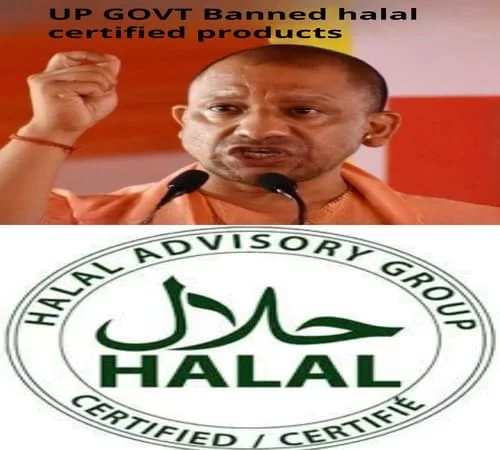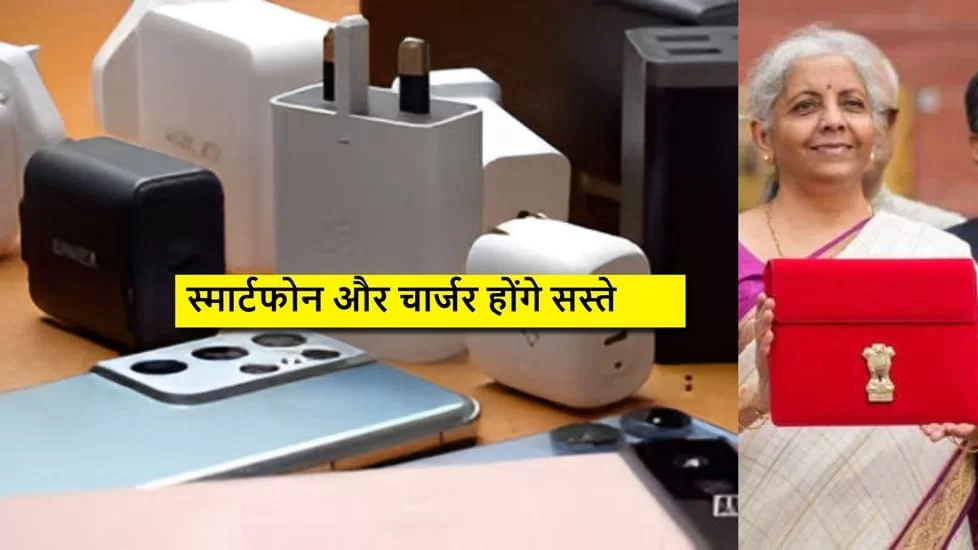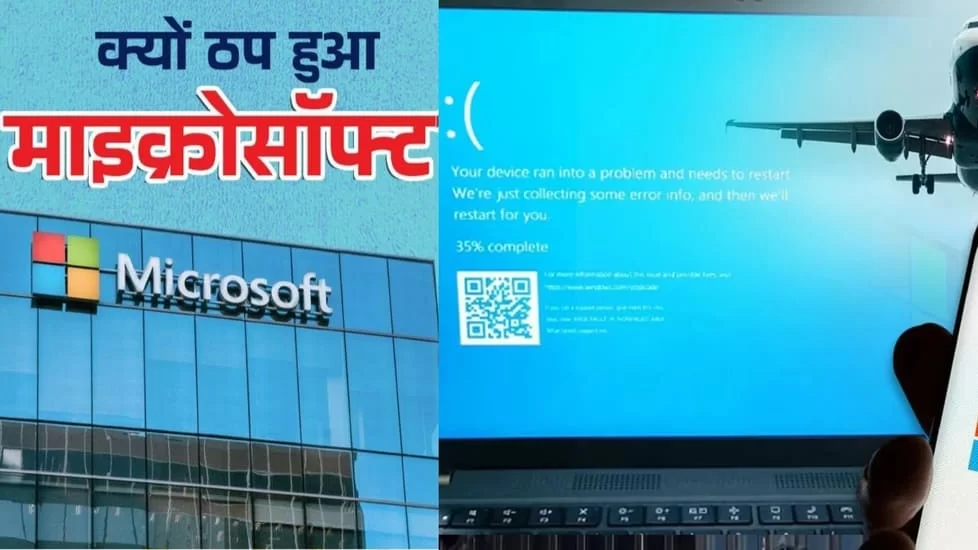

Halal certified products are banned in Uttar Pradesh from 18th November. Find out what is halal certified products and the reason for their ban.

Share with social media

On Saturday, 18th November, the Government of Uttar Pradesh issued an order banning halal certified products in the state with an immediate effect. The decision was made in the interest of public health, stating that the production, storage, distribution, and sale of halal food are strictly prohibited. However, products manufactured for export are exempted from this ban.
Halal is an Arabic word translated to ‘permissible.’ Thus, halal foods can be defined as those made or processed adhering to Islamic laws. According to Islam, animal slaughtering should involve killing by making a cut to the juggler vein, carotid artery, and windpipe.
If the food is free from ingredients and practices that are considered ‘haram’ (opposite of halal) under Islamic law, they are halal food. Moreover, such food should be made, processed, and stored using equipment and machinery cleaned according to Islamic law.
Halal Certified Products are believed to have met the Islamic law requirements, thus suitable for consumption by people belonging to the Muslim community. The products may include food items such as fruits, vegetables, grains, seafood, bread products, and drinks made using these items.

According to Yogi Adityanath-led UP Government, the ban on halal-certified products is issued in the interest of public health. It came into effect because malicious attempts were made by certain organizations, discouraging the use of non-halal products creating ruckus and divisions in the Indian community.
The government released an official order that states, “Strict legal measures will be implemented against any individual or firm engaged in the production, storage, distribution, buying, and selling of Halal-certified medicines, medical devices, and cosmetics within Uttar Pradesh.”
The order further says that such foods create confusion regarding food items’ quality and, therefore, are not tenable under Section 89 of the Food Law Food Safety and Standards Act. Additionally, it states that food items’ quality is decided only by the authorities and institutions given in Section 29 of the said Act, which checks the food under relevant standards and makes the decision.
The order also read that the government will take strict action under the Drugs and Cosmetics Act, 1940, and related rules if any person or firm is found not obeying the ban.
Since in India, there is no government regulation regarding halal certification, certain private organizations such as Halal India Pvt Ltd, Jamiat Ulama-i-Hind Halal Trust, Halal Certification Services India Private Limited and Jamiat Ulama-E-Maharashtra are accredited to give halal certificates. However, the Agricultural and Processed Food Products Export Development Authority is the monitoring agency for the same.
Countries like Pakistan, the UAE, Malaysia, Indonesia, Thailand, and the Philippines have their own standards to give halal certification.
The halal-certified products ban came after Lucknow police filed a case against certain organizations on 17th November 2023.
According to it, a few organizations are misusing halal certification for their retail products to make them popular among certain communities. Products such as soaps, toothpaste, beauty oils, etc., are given halal certificates so that they gain attention and come into the interest of the people of Muslim community.
Halal foods are the ones that are made according to Islamic law (shariah). These foods are believed to be free from the components that are prohibited from eating among the people in the Muslim community.
UP Government issued an order on 18th November 2023, banning halal certified products in Uttar Pradesh from immediate effect. However, this ban is exempted for products manufactured for import.
UP Government banned halal certified products in the interest of public health and safety. It was done after a case was filed by the Lucknow police against certain organizations misusing halal certification to make their retail products popular among the Muslim community.
ALSO READ: ![]() Budget 3.0, 2024: Smartphone and Charger will be Cheaper now, Custom Duty Reduced
Budget 3.0, 2024: Smartphone and Charger will be Cheaper now, Custom Duty Reduced
Conclusion
While Islamic law advocates the use of halal certified products even in medicines, Hindu groups refuse the use of such products. The malevolent attempts to promote halal-certified products in the retail industry and shunning non-halal products led the UP Government to take action and create a ban on the certification process altogether.
Even though the ban has sparked debates regarding religious preferences and business practices, the government is in no mood to uplift its decision.
Finance Minister Nirmala Sitharaman presented the budget for 2024. Giving relief to the general public, the government has also reduced the customs duty on smartphones and mobile phone chargers to 15%. This means that it will now be cheaper to buy a new phone.
Microsoft server Down: Microsoft's servers are down around the world. From India to Australia, servers of airlines, banks, stock markets, etc. are down. After all, due to what mistake of Microsoft, the whole world is facing such a problem. Let's know
Indian all-rounder Hardik Pandya has made a big announcement on Thursday (July 18). He announced his divorce from his wife Natasa Stankovic in an Instagram post.
Donald Trump Attack in Rally: Questions are being raised about the sniper in the security of former US President Donald Trump. It is being claimed that the sniper took his position just seconds before the attack. Some witnesses had also informed the police about the gunmen, but by the time anyone could understand, the bullet had touched Trump's ear.



